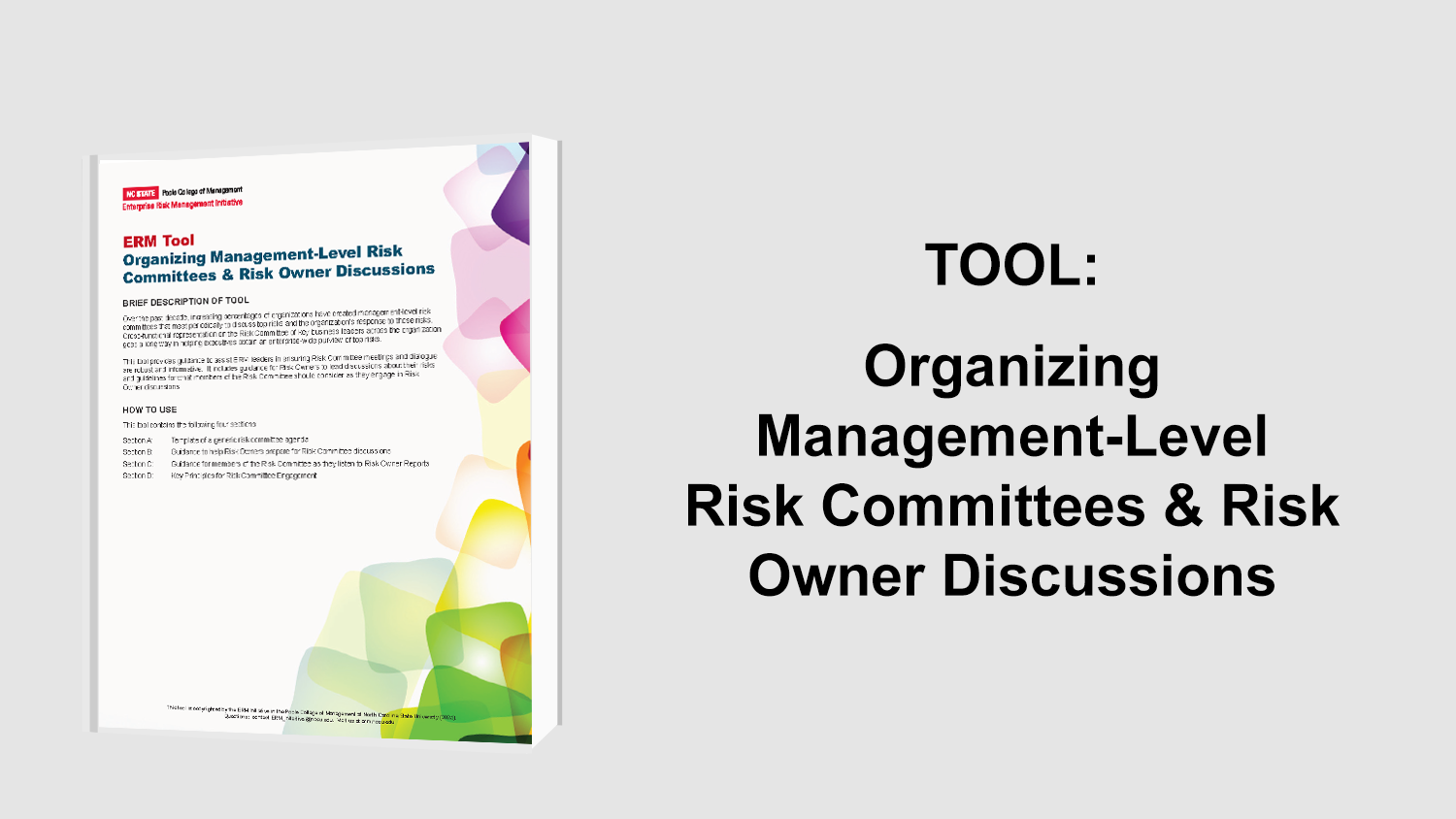Practical Tips to Prepare for Disruption
Article Summary
Disruption is a part of life and business, and business leaders are often tasked with making important decisions amid uncertainty. Based on insights from its research, Gallup published a set of practical tips for leaders to effectively prepare their organizations to withstand disruptions. This abstract summarizes Gallup’s recommendations from the full article.
First: Define your “true north.”
Start with defining your company’s purpose and vision. These enduring elements of a strong strategy provide you with clear guidance as you make key decisions for your business, and prevent you from chasing trends.
How do you do this?
Rigorously test your assumptions.
Unexamined assumptions about your brand can lead you astray. Rely on data, facts and objective information when making key business decisions.
Steer your team toward your true north.
For a purpose, vision and brand promise to be effective in decision-making, you must have buy-in and alignment across your organization. Gallup research shows that less than half of employees in any industry feel strongly connected to their company’s mission or purpose.
Seek broader input.
Leaders must leverage formal and informal networks to gain high quality input, insights and data. The customer feedback is also critical; ask your customers about their experience, needs and expectations.
Reduce organizational noise.
Gallup’s authors write, “Rapid change is pretty much the status quo,” but they caution leaders against making big sudden changes. The piece references a Fast Company interview with Apple’s Tim Cook in which he shares his opinion that “a leader’s job is to bring a sense of peace and order to the organization so employees can concentrate on the work—not be distracted by the cacophony of the world outside.”
Next: Build a Strong Company Culture
Tim Cook’s approach works. Apple is an example of a successful company that has effectively managed disruption while innovating. A key to their success has been building and aligning their company culture with “what really matters.”
Gallup offers five key factors for leaders to focus on to build a culture ready to navigate change:
Focus on sustaining your organization’s unifying purpose.
Know what your purpose is, and ensure your employees do, as well.
Focus on the right behaviors.
Focus on the business behaviors proven to drive success. These behaviors should be measurable.
Focus on development.
Developing your human resources is the most important investment you can make. Ensure managers are employing performance-based management and coaching. Align incentives with expectations.
Focus on agility.
Agility isn’t just a buzzword. Question to ask: Which teams have autonomy and which don’t? Are your teams genuinely end-to-end on production? How much freedom do people have to innovate? What gets in the way?
Focus on engagement.
“Saving money is good, making money is better.” Your employees must be engaged in order to make money for your company. Spend time ensuring you know how engaged your employees are, and how to increase engagement.
By building a strong foundation of business purpose, and aligning a strong workplace culture with the foundation, leaders are much better prepared to withstand, and even capitalize on, disruption and change.
Original Article Source: “What Leaders Can Do to Prepare for Disruption”, Vibhas Ratan Jee and Stephanie Barrymore, Gallup, February 22, 2019.
- Types:


